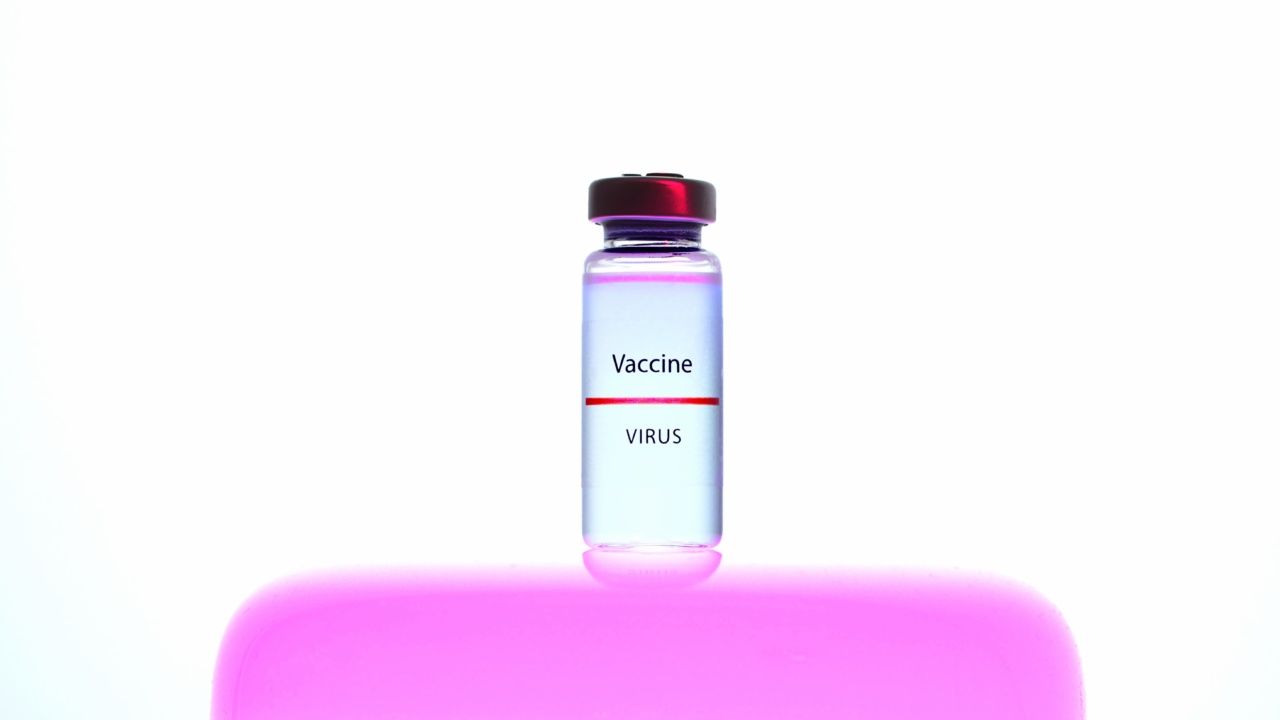Therapeutic injection drugs play a crucial role in modern medicine as they provide targeted treatment for various ailments. Hospitals often employ effective programs to ensure the safe and efficient administration of these drugs to patients.
These programs incorporate best practices, specialized equipment, and highly trained healthcare professionals to optimize the therapeutic benefits of injections. In this article, we will explore some of the most effective hospital programs for therapeutic injection drugs.
1. Specialized Injection Clinics
Hospitals with specialized injection clinics focus exclusively on providing injections to patients. These clinics are staffed with healthcare professionals who are highly experienced in administering injections.
By centralizing injection services, hospitals can ensure that patients receive their injections in a controlled environment where all necessary equipment and resources are readily available.
2. Comprehensive Patient Education
An effective hospital program for therapeutic injection drugs includes comprehensive patient education.
Prior to administering an injection, healthcare professionals educate patients about the drug, the injection technique, potential side effects, and any necessary precautions. This education ensures that patients have a clear understanding of their treatment and can actively participate in managing their own health.
3. Strict Adherence to Injection Guidelines
To ensure patient safety and the effectiveness of therapeutic injection drugs, hospitals have strict adherence to injection guidelines.
These guidelines cover aspects such as correct injection technique, dosage calculation, needle disposal, and proper storage of injectable drugs. By following standardized protocols, hospitals can minimize the risk of complications and improve treatment outcomes.
4. Quality Assurance Measures
Effective hospital programs for therapeutic injection drugs implement robust quality assurance measures. These measures include regular audits of injection practices, verification of medication accuracy, and monitoring of injection site reactions.
By constantly evaluating and improving injection processes, hospitals can maintain high standards of care and identify any areas that may require additional attention or resources.
5. Collaborative Approach
An essential component of successful hospital programs for therapeutic injection drugs is a collaborative approach.
Healthcare professionals from various disciplines, such as pharmacists, nurses, and physicians, work together to ensure the safe and effective use of injections. This collaboration promotes knowledge sharing, facilitates continuous learning, and helps enhance patient care across the hospital.
6. Dedicated Injection Training Programs
Hospitals invest in dedicated injection training programs to equip healthcare professionals with the necessary skills and knowledge to administer injections accurately and safely.
These training programs cover topics such as injection technique, infection control, medication handling, and patient communication. By providing ongoing training, hospitals ensure that healthcare professionals stay updated with the latest best practices and advancements in injection therapy.
7. Use of Advanced Injection Devices
Effective hospital programs for therapeutic injection drugs prioritize the use of advanced injection devices.
These devices, such as autoinjectors and prefilled syringes, offer precise dosage delivery, minimize the risk of medication errors, and enhance patient convenience. By utilizing these advanced devices, hospitals can improve the overall injection experience for patients and increase medication compliance rates.
8. Adverse Event Reporting Systems
Hospitals implementing effective programs for therapeutic injection drugs have well-established adverse event reporting systems.
These systems allow healthcare professionals to report any adverse reactions or incidents associated with injections promptly. By capturing and analyzing this data, hospitals can identify potential risks, implement preventive measures, and continually improve patient safety.
9. Continuous Monitoring and Evaluation
Continuous monitoring and evaluation of therapeutic injection drug programs are vital for identifying areas of improvement. Hospitals employ comprehensive tracking systems to monitor injection practices, patient outcomes, and adherence to guidelines.
This ongoing evaluation enables hospitals to make data-driven decisions, implement necessary changes, and optimize the overall experiences and outcomes related to therapeutic injection drugs.
10. Patient Feedback and Support
An effective hospital program for therapeutic injection drugs places great importance on patient feedback and support. Hospitals encourage patients to provide feedback, report any concerns, and ask questions regarding their injection treatment.
By actively engaging with patients, healthcare professionals can address their needs, resolve any issues, and improve patient satisfaction and treatment outcomes.
Conclusion
Effective hospital programs for therapeutic injection drugs encompass a range of strategies and practices aimed at ensuring the safe and efficient delivery of injections to patients.
Specialized injection clinics, comprehensive patient education, adherence to guidelines, and continuous monitoring and evaluation are key elements of such programs. By implementing these programs, hospitals can optimize injection therapy and enhance patient outcomes.



























